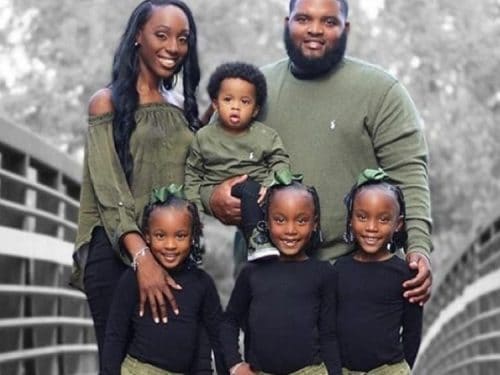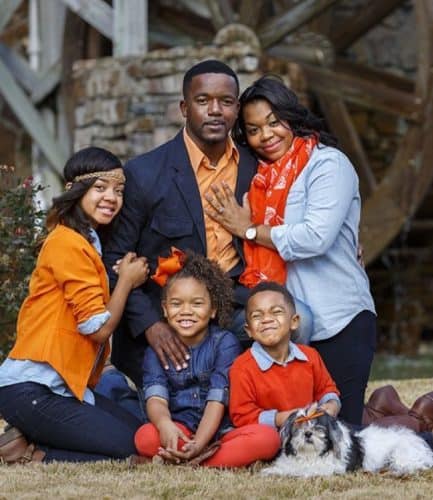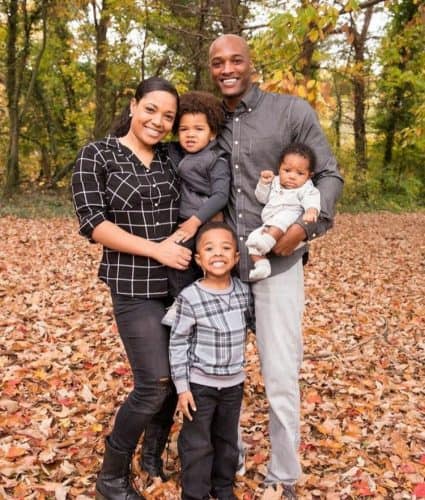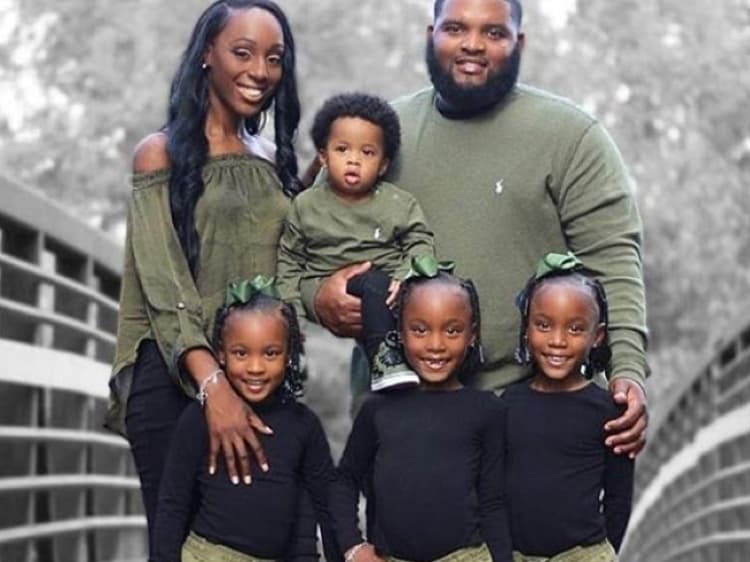Every generation of parents tend to create its signature parenting style. While no description can cover every parent, still we can all relate to stereotypes of parenting styles. There are seminars and several training platforms where parents ask about tips on dealing with clingy babies, a never-ending school project, or just about instances when they stay awake with a sick child.

These seminars as well as several other trainings in various social media platforms, are highly nourished by the common fears of young, new parents coming together to exchange, advise each other on everything that deals with parenting, to share and sometimes scare each other. It’s more of a millennial education – the cohort born between 1980 and 2000 – that makes things different from any other generation before them.
According to US technology company Winnie, millennias in 2017 accounted for 90 percent of all new parents, becoming a powerful force shaping the future of parenting.
Experts attribute certain qualities to the New Age parent: they are well educated and constantly strive to reconcile their own ambitions with parental duty, giving their child their own hashtag and their YouTube channel for everything under the sun.
Anupam Sibal, a pediatrician and author of ‘Is Your Child Ready To Face The World?’ says:
“The problem with the current group of parents is that they can not figure out how to say no to their children and how the children can listen to them in the face of technology”.
It’s not just the millennials who have evolved to be smarter, more informed, and more ingenious. Their children too.
Here are some of the characteristics of Millennial Parents among a host of others:
-
Parenting Advice
Millennials have an enormous amount of resources to get parenting tips. Thanks to the internet, social media and the instant contact of texting. Unlike their parents back in the days who relied on elders and experts for advice beyond their own moms and dads. Millennials can and do seek out experts in every field of parenting, gathering information from both virtual and real contacts.

There is no end to the amount of advice available, but savvy Millennials are able to select out what works for their family and what doesn’t. And in turn, can offer advice to new parents when the time comes.
-
Waiting Longer To Start A Family
For a lot of obvious reasons, including financial constraints, career decisions, wanderlust and more… Young adults are waiting longer to have children than any generation before them. Access to more reliable medical birth control, along with conscious choices of when to start a family, have helped to raise the age of first-time mothers.
In 2015, the average age a woman had her first baby was 28, according to the CDC. Compare that to 1990, when the average age of a first-time mother was 25, and it’s clear that the age when parenting begins is climbing up.
-
Millennial Parents Value Positive Parenting Over Authoritarian Discipline.
Around the mid-20th century, there was a strong shift from the notion that strict discipline and physical force were acceptable and even good ways to set limits on a child’s behavior,” says Kathleen Gerson, a Sociology Professor and author of ’The Unfinished Revolution: Coming of age in a New Era of Gender, Work and Family’. Today’s parents are more likely to than punish negative ones.
But is that a good thing? “We’re in the middle of a debate about whether we’ve gone too far in the other direction,” says Gerson. “Are we rewarding children too often when they haven’t achieved great things?”
-
Millennial Parents Understand That These Early Years Are Very Critical and Fleeting.
Today’s parents continue to make sacrifices for their children, despite the belief that parental sacrifice is in decline. Even amidst new economic uncertainties… Parents are doing their best to make their children comfortable in this ever changing world.
When it comes to saving money for their future, the statistics on this one are somewhat staggering. According to Forbes Magazine, 66 percent of Millennials are saving for their children’s college years. While only 47 percent of Gen-Xers and 35 percent of baby boomers did the same.
Changing family structures has much to do with changing patterns of parenting. We have moved from shared families to small families and lone parents, and young parents have more responsibilities.

To wrap this up, there is obviously a hefty generational difference, but the fact still remains that, at the end of the day, millennial parents aren’t so different from previous generations in wanting to love and do right by their kids in ways that their parents might not have done for them. This has been the core aim of any loving and caring parent from time in memorial.



